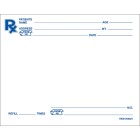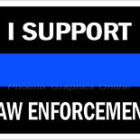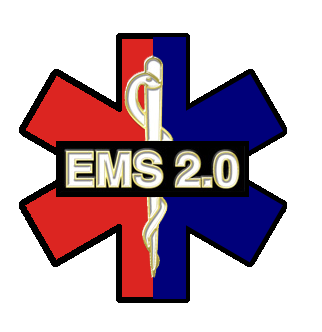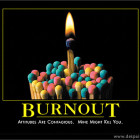
Jun 12, 2015
I’ve been thinking about writing this post for a week or so. It’s a tough decision to make, but I feel that its something that I need to do. I started this blog about five and a half years ago on a whim to see if I could get myself back into writing which is something that I have always enjoyed since childhood. Now, here I am almost 400 posts later, and still going strong. Anybody who reads what I write regularly knows that there has been a bit of a slowdown as of late. That is mainly due to the amount of stuff that I currently have going on in my life outside of the blog. EMS Compass, a part time job, teaching, my full time job, traveling, a social life. Most of my “EMS related” time ends up pretty tied up leaving less and less time for writing. As far as internet age goes, five and a half years is pretty old. Most of the blogs that I pick up and read seem to have a shelf life of six months or less. People get into writing, put 110% into it and then just grind to a halt mostly due to a lack of material. Somehow, I pushed through that and found that comfortable balance between having things to write about and posting them in moderation so that I could stay ahead or at least keep up with my posting schedule. Its not easy to do, and for anybody looking to start a blog that is the biggest tip that I can give you. What it comes down to is I think that it is time for me to take a short break from writing here at EMS in the New Decade. The blog is not going away by any means. Instead, I am simply going to take a few months off and start fresh in September. This will give me time to get reorganized, deal with what is shaping up to be a very busy summer, work on some other side projects, and just do some writing in moderation so that when I do come back in September I have lots...






